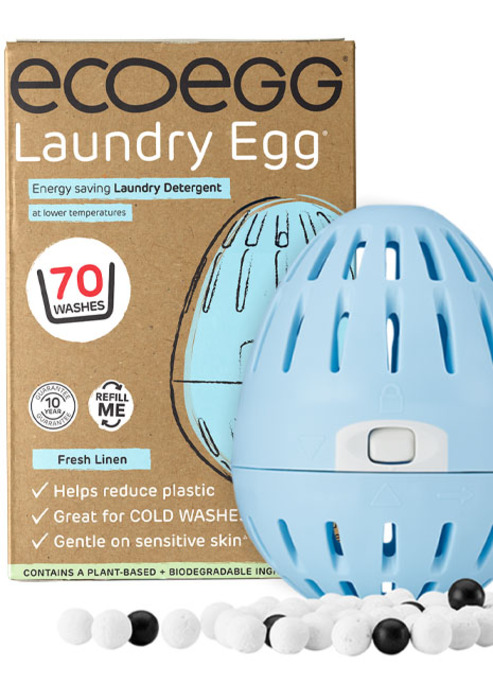
Let’s Talk Sustainable Sneakers
Re-wear, Re-cycle, Re-work
With workwear becoming increasingly relaxed, and consumers opting for comfort, most of us will be seen pounding the pavement in sneakers. However, along with the rest of the fashion industry, the sneaker industry greatly needs to reduce its carbon footprint, one kick at a time.
Director of the Centre for Sustainable Manufacturing and Recycling Technologies (SMART), Shahin Rahimifard has stated that 27 billion shoes are manufactured a year, responsible for 1.4% of the world’s greenhouse gas emission. One of the greatest environmental impacts of sneakers is caused by the manufacturing process. A great number of fossil fuels are needed to power the production machinery, and coal is often used by factories as an energy source, as it’s relatively cheap compared to oil or other sources of energy. The production of one shoe roughly equates to 30 pounds of carbon dioxide produced.
Brands are beginning to look at alternative materials they can use in the creation of their sneakers. Reebok created their Cotton + Corn NPC UK sneaker, which features a 100% cotton upper, a sole derived from corn, and insoles made from castor bean oil. More brands are incorporating recycled materials, for example, Tread by Everlane features 94.2% non-virgin plastic soles and laces made from recycled plastic bottles. Though we’re not only seeing recycled materials being used in the creation of the shoes, but also in the packaging, many shoe boxes are now being made from recycled cardboard.
Shoe disposal is another problem for the sneaker industry, as roughly 300 million pairs of shoes are thrown out every year. However, there are brands that are working to change this. In early 1990, Nike started its Reuse-A-Shoe program, which collects old sneakers or athletic shoes and transforms them into Nike Grind, a material used to create athletic and playground surfaces. Nike isn’t the only company looking to recycle. Adidas have been developing FUTURECRAFT.LOOP, a 100% recyclable performance running shoe. In 2019, 200 beta testers were given first-generation Loops, which after use, were returned to be recycled into second-generation Loops. The second-generation Loops are currently being tested and Adidas hopes to release them to the public in 2021.

As consumers, we can do our part to be more sustainable by buying fewer sneakers. It’s a lot more environmentally friendly to invest in a good pair of quality sneakers that will last. We can increase the life span of our sneakers by brushing them daily. Jason Markk, who opened the world’s first drop-off shoe care service in 2014, has a couple of tips on how to care for your sneakers. First, you shouldn’t allow dirt to sit, and secondly, when brushing your trainers, you should use a soft bristle brush, as this will prevent dirt from seeping deeper into the material.
So, next time you're tempted to purchase a new pair of kicks, make sure you really want them, so all of us in the sneaker community can take running leaps towards saving the planet.
Next Up, Sustainable Underwear Brand Parade Releases New Summer Collection











